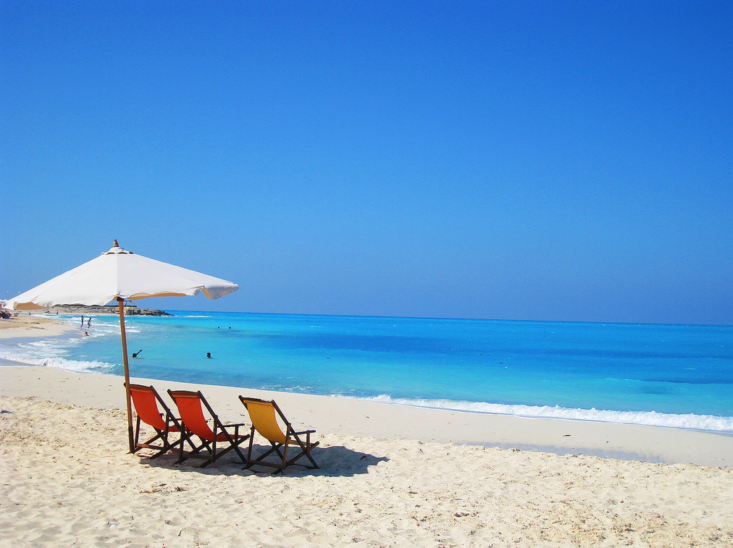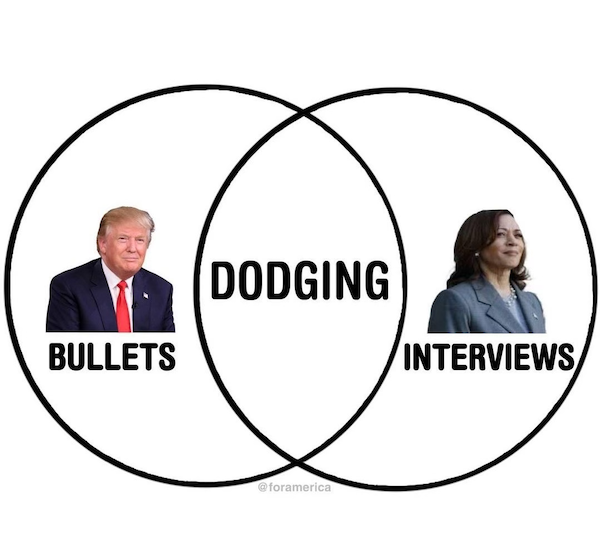[ad_1]
A few weeks back, I blogged on the successful economies in the Persian Gulf area:
I used to believe that Norway was unique—an oil-rich country with an equally high quality non-oil sector. Now I wonder if the Gulf states are not becoming successful in much the same way. I hope so, as the world needs more highly successful models to emulate. One success story can be written off as a fluke—it’s much harder to brush aside success in a half dozen countries. How long will the Iraqi people accept the incompetence of their current regime?
Yesterday, I came across this story:
Egypt has agreed to a $35bn deal with the United Arab Emirates to develop the area of Ras el-Hekma on its northwestern coast, Egyptian Prime Minister Mostafa Madbouly announced on Friday after weeks of speculations.
Madbouly said at a news conference, which was attended by Egyptian and Emirati officials, that Egypt will receive an advance amount of $15bn in the coming week, and another $20bn within two months. . . .
But Madbouly said that the Egyptian state will have a 35 percent share of the profits from this project, although it is a private investment with the majority of shares held by the UAE consortium.
He said that the area of the Ras el-Hekma project is 170 million square metres, and will include residential neighbourhoods, tourist resorts, schools, universities, an industrial zone, a central financial and business district, an international marina for tourist yachts, and an international airport south of the city.
This area is a peninsula sticking out into the Mediterranean, with a beautiful coastline:

Based on a video I watched, it looks like they are planning to build a city along the lines of places like Doha, Abu Dhabi and Dubai, albeit more residential and less focused on skyscrapers.
The project is somewhat controversial within Egypt:
Amr Waked, an actor and filmmaker, also lashed out at Sisi in response to the report: “Who gave the right to the so-called Abdel Fattah el-Sisi to sell Ras el-Hikma? I mean, was it his mother’s inheritance or his father’s?”
Mamdouh Hamza, another Sisi critic, said the project should be handed to Egyptian developers rather than foreign ones.
Hamza, who described Ras el-Hikma as “Egypt’s most beautiful beach” said: “It would be wiser for the project to be developed by Egyptian developers able to pay in dollars, because in that case the returns will remain inside the country. A foreign developer will transfer profits, which are many times the price of the land, outside the country in foreign currency.”
I don’t know enough to have a firm opinion on the proposal, but these criticisms don’t seem persuasive. In a free market, the UAE could almost certainly buy this piece of land for far less than $35 billion. The fact that they are willing to pay so much is an indication that nationalism has made Egypt’s economy very inefficient, so much so that a very limited removal of nationalist barriers to investment opens up some pretty large profit opportunities. As an analogy, just imagine how much Singapore would be willing to pay for 170 sq. kilometers of land in a nearby part of Malaysia or Indonesia.
To be clear, there is no indication in the articles I read that this is an actual “charter city”. Presumably, Egypt’s government will maintain political control over this region. But if it is not a full fledged charter city that makes the $35 billion price tag even more impressive.
When I first mentioned this to a friend, he assumed I was saying that Egypt was paying the UAE $35 billion to help it develop Egypt’s economy. In fact, the UAE is paying Egypt $35 billion for the right to help Egypt develop its economy! Think about the implications of that fact.
Larger Arab nations like Egypt, Iraq, Syria, and Algeria have relatively dysfunctional domestic non-oil sectors. The small Gulf states have very impressive non-oil sectors. It would not surprise me if there are many more “pareto optimal” deals to be made between these two groups of nations.
PS. Now do Gaza.
[ad_2]
Source link





















